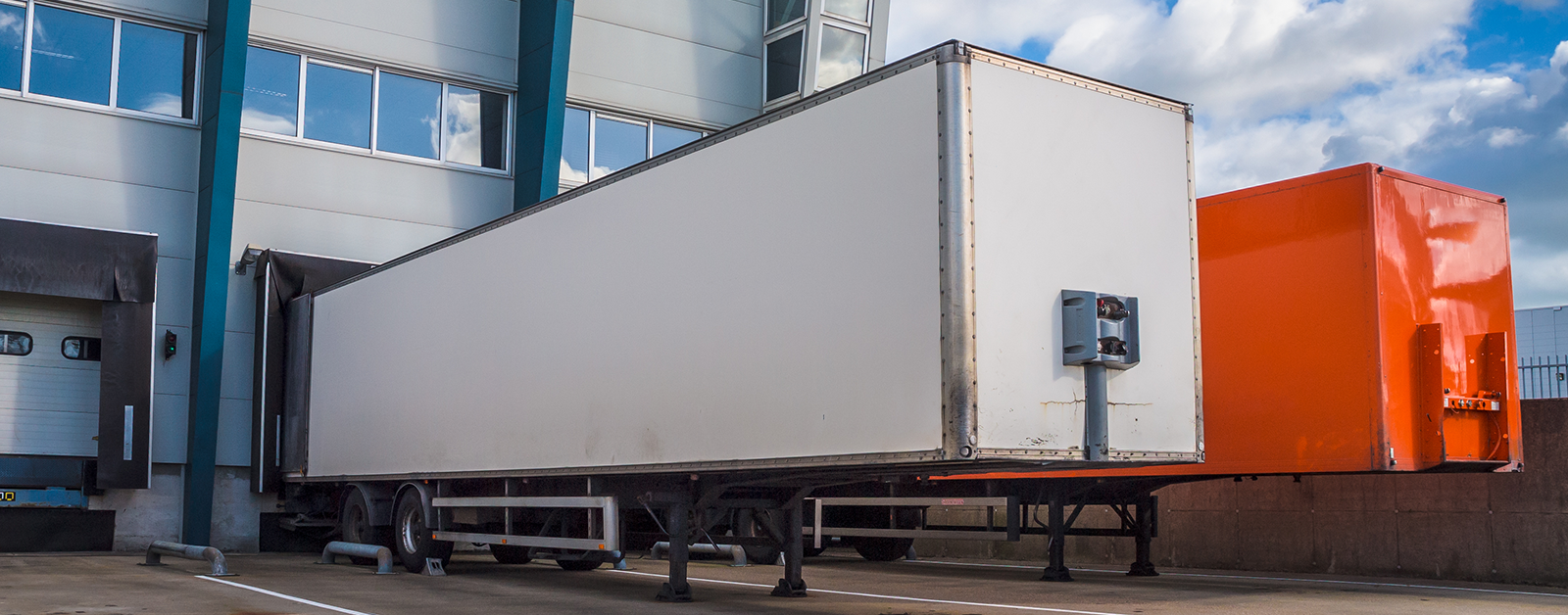Trailer Coverage: Interchange vs Non-Owned. What You Need to Know
In the bustling world of logistics and transportation, safeguarding your assets is not just an option—it's a necessity. But when it comes to trailer coverage, do you know the difference between Interchange and Non-Owned policies? Navigating through the insurance landscape can be as tricky as a tight U-turn. Whether you're a seasoned hauler or new to the game, understanding these differences is crucial for your peace of mind and protection on the open road.
Unraveling Trailer Insurance: The Basics
Before diving into the specifics, let's set the stage with a fundamental question: Why is trailer insurance important? Simply put, trailers are vital assets in the transport industry, carrying goods worth thousands, if not millions, of dollars. Accidents, theft, and damage can not only halt your operations but also lead to significant financial losses. This is where trailer insurance comes into play, offering a safety net for your movable assets.
Interchange Insurance: The Collaborative Shield
Interchange insurance is tailored for situations where trailers are exchanged among different carriers in a cooperative arrangement. This type of coverage is a cornerstone in the world of logistics, ensuring that trailers are protected under a uniform policy, regardless of whose tractor is pulling them. Ideal for companies engaged in partnerships or those who frequently lease their trailers to others, interchange insurance covers physical damage for trailers under a rental or lease agreement.
Key Features:
Broad Coverage: Protects against physical damage including collision, fire, theft, and vandalism.
Flexibility: Coverage applies regardless of the towing vehicle, offering seamless protection across various carriers.
Customization: Policies can be tailored to meet the specific needs of the interchange agreement.
Non-Owned Trailer Insurance: The External Armor
Non-Owned Trailer Insurance, on the other hand, is designed for businesses that haul trailers they do not own. This coverage is crucial for companies that are tasked with transporting goods using trailers provided by their clients or partners. It acts as an extension of your liability insurance, covering damages to the trailer while it is in your possession.
Key Features:
Liability Protection: Covers legal liabilities for damages to non-owned trailers under your custody.
Versatility: Ideal for companies that do not own their trailers but are responsible for their safe transport.
Peace of Mind: Ensures that you’re covered in the event of damage, mitigating potential conflicts with trailer owners.
Choosing the Right Coverage for Your Business
Deciding between interchange and non-owned trailer insurance depends on your business operations and the nature of your agreements with partners and clients. Here are a few considerations to guide your decision:
Nature of Use: Assess whether you’re primarily using exchanged trailers or hauling ones owned by others.
Risk Exposure: Understand the types of risks your trailers are most exposed to and choose a policy that offers comprehensive protection.
Legal and Contractual Obligations: Review any contractual agreements with partners or clients that may require specific types of coverage.
Why Westins Insurance Brokerage?
Navigating the complexities of trailer coverage requires a partner who not only understands the ins and outs of the industry but also prioritizes your unique needs. At Westins Insurance Brokerage, we specialize in crafting customized insurance solutions that provide comprehensive protection for your assets. Our team of experts is dedicated to ensuring that you have the right coverage, so you can focus on what you do best—keeping the wheels of commerce turning.
Ready to safeguard your trailers with the best coverage? Contact Westins Insurance Brokerage today for a personalized consultation. Let us help you hit the road with confidence, knowing that your assets are well-protected.
Drive forward with Westins Insurance Brokerage—your peace of mind is our priority.



